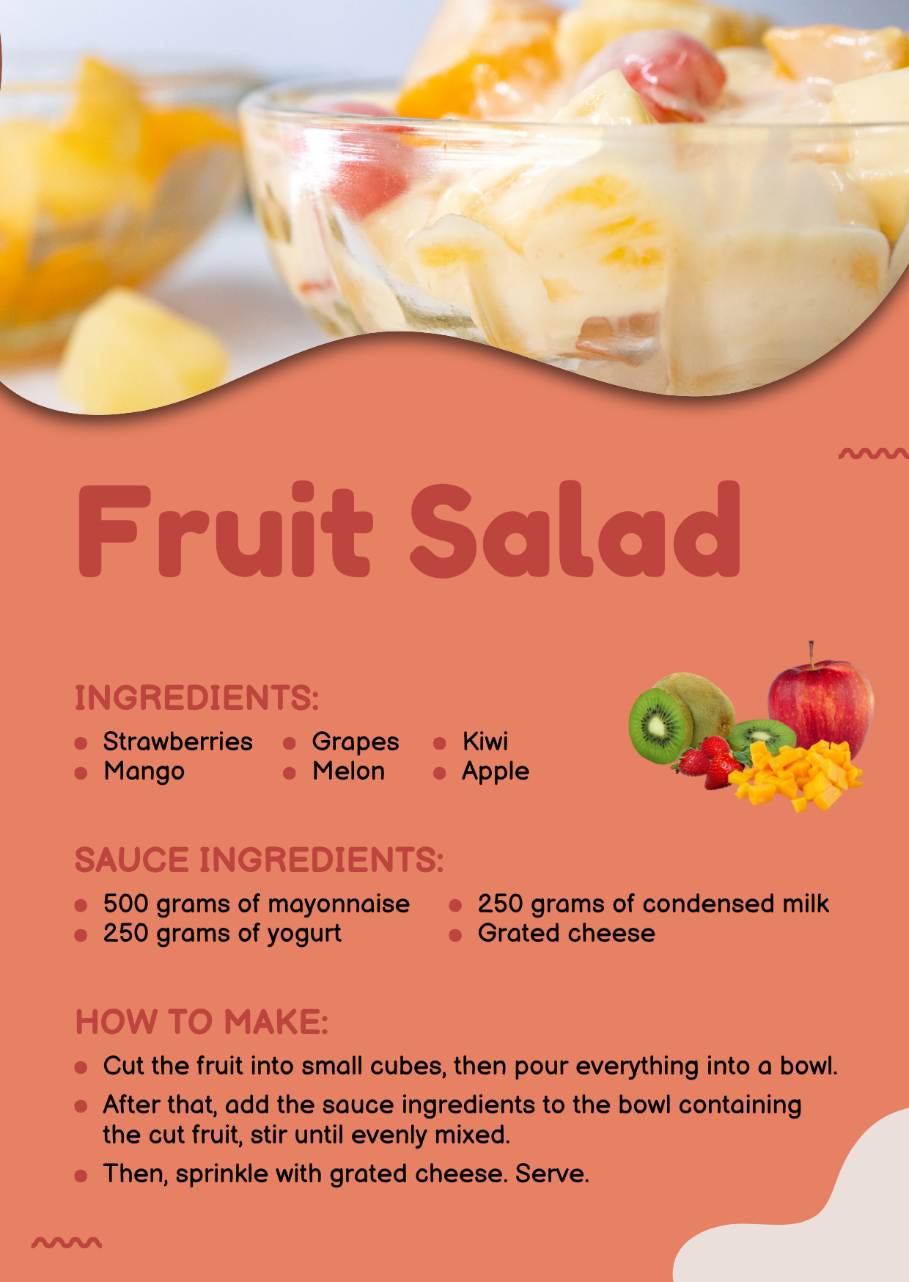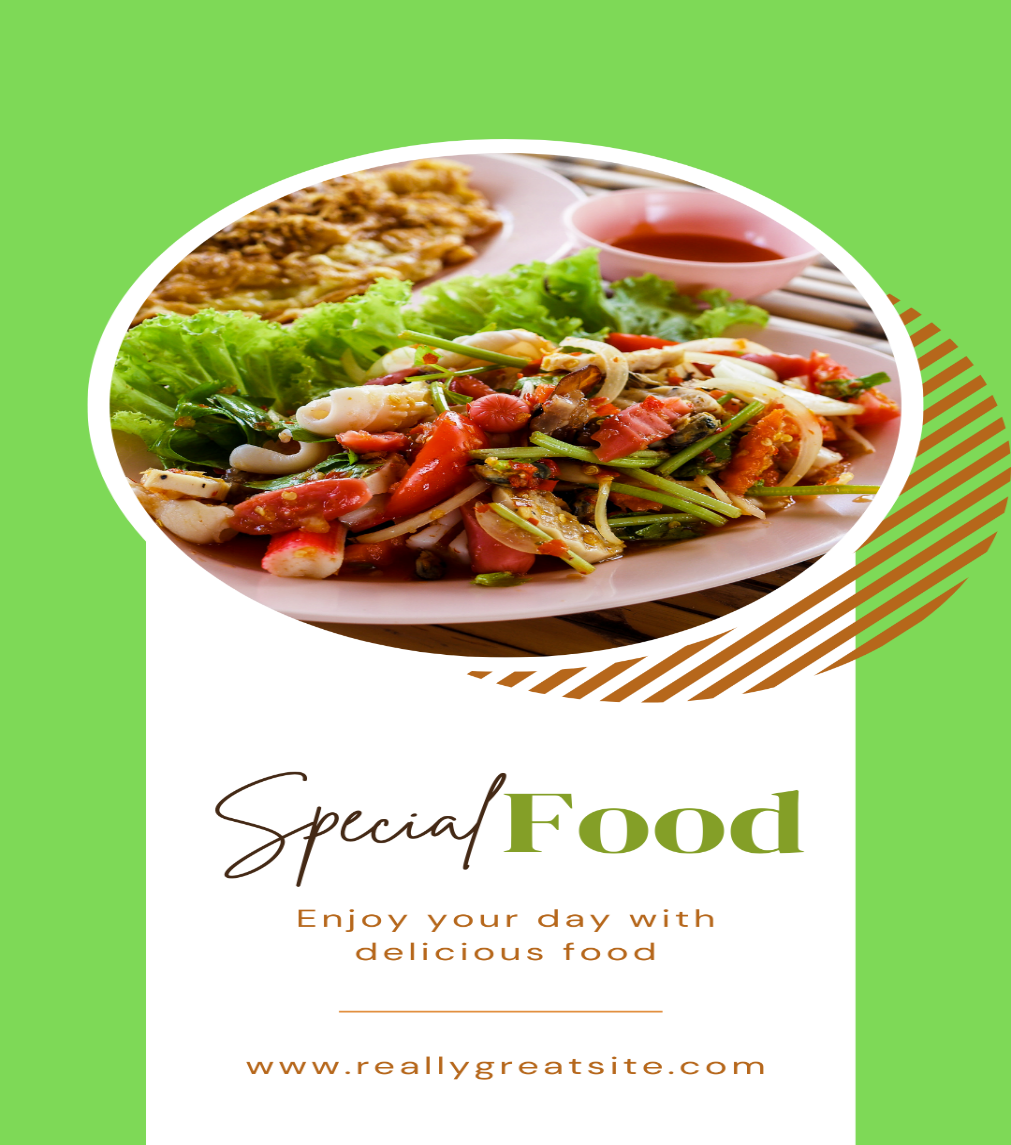The 25 Healthiest and Most Nutrient-Dense Foods You Can Eat
One of the most essential parts of living a long and happy life is eating nutrient-dense foods. The healthiest foods you eat on a daily basis will determine how much energy you have, to what extent your immune system is, and how you feel in general. Eating and incorporating nutritious foods into your diet is important for staying at a healthy weight, managing chronic conditions, and preventing disease.
So, here are the 25 healthiest and nutrient-dense foods to eat every day in this article. We’ll find nutritious heart-boosting options, energy-enhancing choices and more for improved health. In addition to these foods, we’ll offer tips for healthy eating and list superfoods to help boost your health and well-being.
10 HEALTHY DIET and Nutrient-dense FOODS Should Be Part Of Your Daily Diet
If you want to attain a healthy diet and ensure your full experience of nutrients, the healthiest foods must be consistent on your food plates.
1. Leafy Greens
Leafy greens* like spinach, kale and arugula are among the healthiest foods you can eat. Successors to students have a bounty of valuable vitamins (including A, C and K), macroelements (iron and calcium) and string that is actually best for heritage and digestive function or enables slow inflammation.
2. Berries
Blueberries, strawberries, raspberries, and blackberries are all high in antioxidants, which can help reduce oxidative stress and inflammation. These healthy foods are rich in fibre, vitamin C, and various other nutrients. Incorporating a handful of berries into your daily diet can lead to better heart health, improve your immune system and promote happy brain function.
3. Nuts and Seeds
High nutrient-rich healthy foods like nuts, including walnuts, almonds, cashew nuts and seeds like chia seeds, flax seeds and sunflower seeds. They are rich in healthy fats, protein, fibre, vitamins and minerals. Regular consumption of nuts and seeds can be beneficial for heart health, regulate blood sugar and facilitate brain function.
4. Salmon
Salmon is a healthful food high in omega-3 fatty acids. These healthy fats help lower blood pressure, reduce inflammation, and benefit brain health. Salmon is also rich in high-quality protein and many vital, high-quality nutrients, including vitamins B12 and D.
5. Avocado
Avocado is also among the best sources of healthy fats, known as monounsaturated fat, to help the cardiovascular health of the body. It is also a good source of fiber and vitamins E and K and potassium. This nutrient-dense food stabilizes blood sugar, lowers bad cholesterol, and promotes intestinal health.
6. Eggs
They are an inexpensive source of a highly digestible protein, they are full of nutrients such as B vitamins, selenium, and vitamin D, and they provide the majority of the essential amino acids used to build and repair muscle, so you can’t go far wrong with a few eggs in a day for anyone aiming at a balanced diet. Eggs can also help with weight control by keeping you fuller for longer.
7. Quinoa
Quinoa is a gluten-free whole grain and a complete protein, containing all nine essential amino acids. It’s rich in fibre, antioxidants and a variety of key vitamins and minerals, including magnesium, iron and B vitamins. It’s a healthy food that is easy to mix into salads and soups or serve as a side dish.
8. Sweet Potatoes
Sweet potatoes are very nutritious and are especially rich in vitamin A (as beta-carotene), fiber and antioxidants. This nutrient-rich food supports immune health, promotes healthy vision, and regulates blood sugar levels. Heart-Healthy Food: Sweet Potatoes They are a wonderful addition to a heart-healthy diet.
9. Greek Yogurt
Greek yoghurt is an excellent probiotic food that promotes intestinal well-being and aids digestion. It’s also a good source of protein and calcium — a perfect food for building muscle and strengthening bones. Opting for plain, unsweetened Greek yoghurt will get you the most nutritional bang for your buck.
10. Broccoli
Get Broccoli: Broccoli is a cancer-fighting cruciferous vegetable. It is high in vitamins C and K, folate, fibre and antioxidants. Regular consumption of broccoli can help reduce the risk of chronic disease, strengthen the immune system and improve bone health.
: The Advantages of Eating Nutritious Foods on a Daily Basis
Practising this leads to numerous benefits of incorporating healthy foods to eat into your meals. From enhancing your skin’s look to improving your heart health, here are ways that consuming the healthiest foods can enhance your life:
Promote Heart Health
Heart-healthy foods like nuts, salmon, and leafy greens can lower cholesterol, reduce blood pressure, and lower the risk of heart disease. The omega-3 fatty acids in salmon and walnuts, or the virgin olive oil, have an anti-inflammatory action and improve blood flow.
Boost Immune Function
A diet high in nutritious foods such as berries, citrus fruits, and vegetables can greatly improve your immune system. Foods rich in vitamins A, C and E and antioxidants help your body ward off infections and enhance your body’s natural defences.
Manage Weight Effectively

Incorporating healthy foods such as whole grains, lean proteins, and vegetables can promote a healthy weight. These foods are higher in nutrients and lower in calories, helping you feel full longer and lessening cravings. A good balance of protein, fats, and carbs is essential to keeping your energy up and avoid overeating.
While focusing on a balanced diet, it is all the more important to ensure that you intake of a number of nutritious foods daily. Here are a few healthy eating tips to guide you to a healthy eating routine:
- Prioritize Whole Foods
Choose whole foods: fruits, vegetables, whole grains, and lean proteins. These are natural and healthy foods that are minimally processed, and of course, they contain the highest health benefits.
- Stay Hydrated
Water helps digestion and nutrient absorption and ensures optimal health. To stay hydrated, drink at least eight glasses of food, such as fruit or herbal teas.
- Avoid Processed Sugars
Reduce your consumption of refined sugars and processed foods, which promote weight gain, blood sugar spikes, and energy crashes. Instead, use honey or fruit as natural sweeteners.
- Control Portion Sizes
Excessive consumption of even the healthiest foods is not a good idea and can lead to weight gain. To practice portion control, use smaller plates, measure your servings, and eat slowly.
10 Superfoods to Include in Your Diet Every Day
Superfoods are powerful foods loaded with vitamins and minerals that can give you amazing health benefits. So if you want to step up your healthy eating game, add the following superfoods to your routine:
1. Chia Seeds
They are an excellent source of omega-3 fatty acids, protein, and fiber. They promote heart health, aid in digestion and help to keep skin healthy.
2. Turmeric
Turmeric is known for its anti-inflammatory properties, and curcumin found in turmeric has been associated with lowering chronic disease risk and promoting joint health[35]
3. Maca Root
These include Maca root, which boosts energy levels, balances hormones and improves mood. It’s one mighty superfood that improves overall vitality.
4. Goji Berries
Goji berries are dense in antioxidants, vitamins, and minerals. They defend against oxidative stress and assist vision health.
5. Cacao
Flavonoids in cacao are linked to heart health, blood-brain barrier function and reduced stress. For maximum nutrition benefits, choose raw cacao.
6. Ginger
Ginger is also popular for its anti-inflammation traits. It aids digestion, helps reduce nausea, and may relieve sore muscles.
7. Acai Berries
Acai berry is a great source of antioxidants that may improve skin health, increase energy levels and aid in weight loss.
8. Spirulina
Spirulina is a protein, vitamin, and mineral-rich algae. It enhances energy levels and supports immune functions.
9. Kale
Kale is a superfood, rich in vitamins, minerals, and antioxidants. It aids in detoxification, has anti-inflammatory properties, and promotes bone health.
10. Moringa
Moringa generally has anti-inflammatory and antioxidant properties. It may increase energy levels, help with digestion, and promote general health.
Decision Time: Making Nutritious Foods to Eat a Part of Your Life
A healthy diet rich in nutrient-dense foods can revolutionize your health and well-being. Including these healthiest foods in your menu will help strengthen your heart and digestive system, thus improving your overall health. Make small changes now to add more fruits, vegetables, whole grains, and healthy fats to your meals. Gradually, your health, energy levels, and quality of life will improve greatly.
FAQ: Healthiest Foods and healthy eating
1. Which foods are the healthiest to eat
every day?
Some of the best foods to eat every day include leafy greens (e.g., kale, spinach), nuts and seeds, berries, eggs, quinoa, salmon, sweet potatoes, Greek yoghurt, and broccoli.
2. How to keep a balanced diet?
The diet must consist of a combination of different whole foods, including fruits, vegetables, lean proteins, healthy fats, and whole grains. Minimize processed sugars and watch your portions.
3. Which heart-healthy foods can I eat daily?
Foods that are good for our hearts are salmon, nuts, avocado, leafy greens, and berries. These foods contain essential omega-3 fatty acids, antioxidants and fibre, all of which are healthy for your heart.
4. What are some superfoods to add to my diet?
Superfoods like chia seeds, turmeric, maca root, goji berries, cacao, and spirulina are great to add to your groceries to help promote health, digestion, and immunity.
5. How can I include nourishing foods in my daily diet?
You can include healthy foods on your plate by adding greens to your salad, eating healthy grains like quinoa and brown rice, or snacking on fruits and nuts. Your goal for each meal should be variety and balance.

